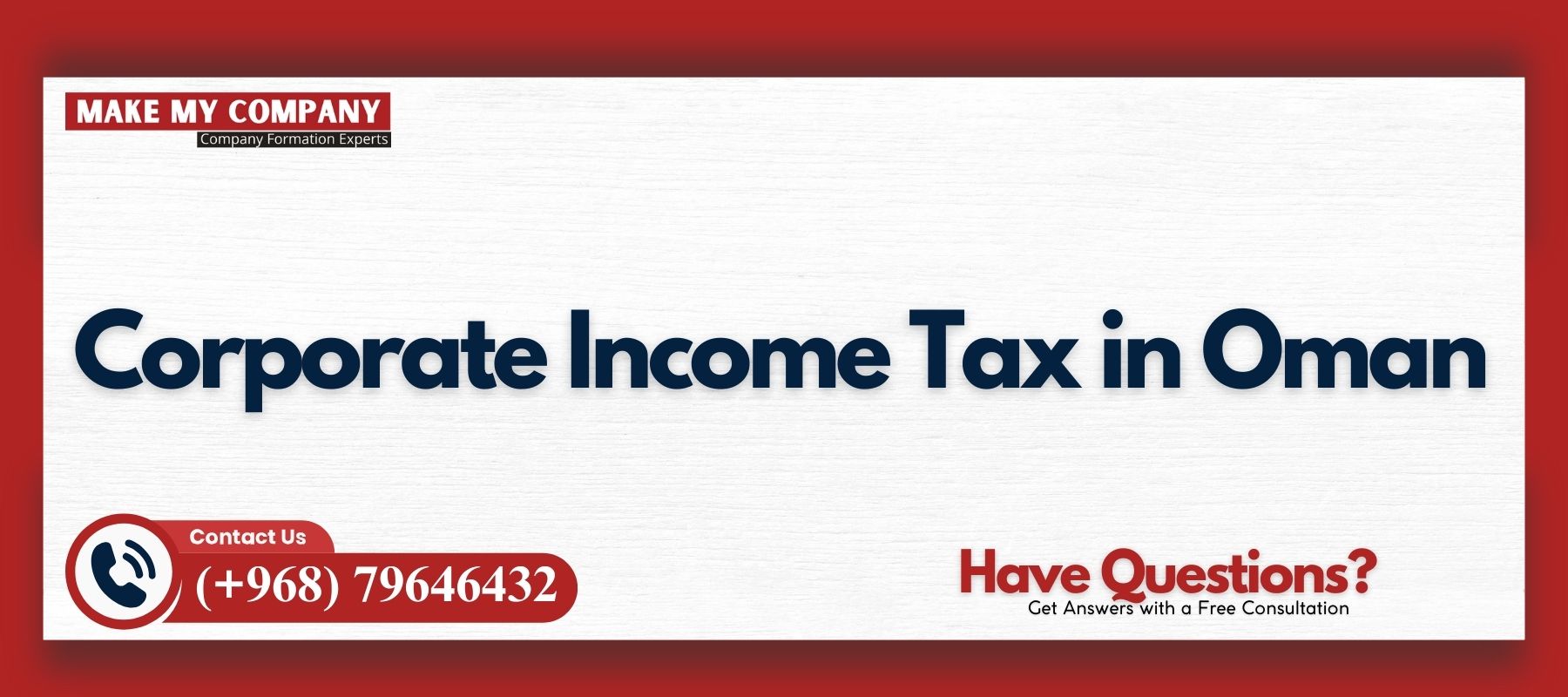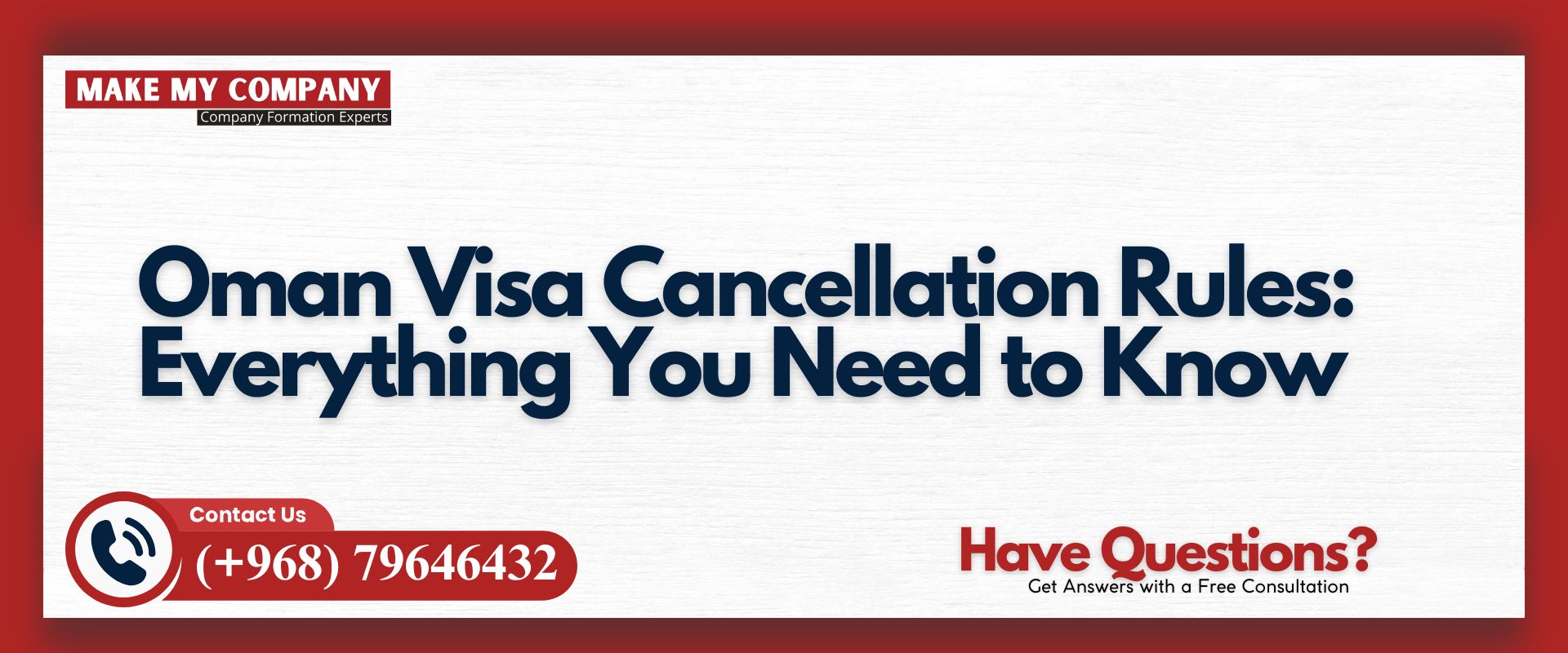Understanding corporate income tax in Oman is essential for any company operating in the Sultanate. Whether you run a mainland company, a free zone entity, or a branch of a foreign business, corporate tax compliance directly affects profitability, cash flow, and long-term planning.
This guide explains Oman corporate income tax, including tax rates, taxable income, allowable deductions, withholding tax, transfer pricing, incentives, audits, and compliance obligations, using clear and practical language for business owners and finance teams.
Overview of Corporate Income Tax in Oman
Corporate tax in Oman is governed by national tax legislation and administered by the country’s tax authority.
Tax Authority Responsible for Corporate Tax
All corporate tax matters are regulated and enforced by the Oman Tax Authority. This authority oversees tax registration, return filing, audits, penalties, exemptions, and dispute resolution for companies operating in Oman.
Who Is Subject to Corporate Income Tax
Corporate income tax in Oman applies to:
Resident companies incorporated in Oman
Branches of foreign companies
Permanent establishments of overseas businesses
Entities earning taxable income from Oman
Corporate Income Tax Rates in Oman
Oman applies a clear tax rate structure, with variations based on sector and activity.
Standard Corporate Income Tax Rate
The standard corporate income tax rate in Oman is 15%, applied to net taxable profits after allowable deductions. This rate applies to most commercial, industrial, and service businesses.
Special Tax Rates for Certain Sectors
Some industries operate under special tax regimes. For example, oil, gas, mining, and petroleum companies may be subject to significantly higher tax rates based on concession agreements and sector-specific regulations.
Definition and Calculation of Taxable Income in Oman
Understanding how taxable income is calculated is central to accurate compliance.
What Constitutes Taxable Income
Taxable income in Oman is calculated as total business revenue minus allowable deductions permitted under tax law. Income includes operating revenue, service fees, trading income, and other business receipts.
Allowable Deductions and Expense Treatment
Deductible expenses generally include salaries, rent, utilities, depreciation, insurance, professional fees, and financing costs, provided they are incurred wholly and exclusively for business purposes.
Depreciation and Capital Allowances in Oman
Capital assets are not expensed immediately and must follow prescribed depreciation rules.
Depreciation Methods Allowed
Oman allows depreciation using methods approved under tax regulations, including straight-line and declining balance approaches, depending on asset type.
Capital Expenditure Rules
Capital items such as machinery, vehicles, IT systems, and equipment are depreciated over their useful life rather than deducted in a single year.
Corporate Tax Filing and Deadlines in Oman
Timely filing is a core compliance requirement.
Annual Tax Return Filing
Companies must submit an annual corporate tax return in Oman within six months from the end of their financial year. Filing is mandatory through the official electronic tax system.
Electronic Filing Requirements
All companies are required to file returns digitally through platforms approved by the Oman Tax Authority, along with supporting schedules and financial data.
Advance Tax Payments and Penalties
Tax payments must be managed carefully to avoid fines.
Advance and Provisional Tax Payments
Companies may be required to make advance or provisional tax payments based on estimated annual profits, depending on their size and activity.
Penalties for Late Filing or Payment
Late filing, underpayment, or non-compliance can result in penalties, interest charges, and fines calculated as a percentage of the unpaid tax.
Allowable and Disallowed Tax Deductions
Not all expenses qualify for tax deduction.
Expenses Commonly Allowed
Allowed deductions include employee wages, rent, logistics costs, utilities, insurance, marketing expenses, and financing charges within permitted limits.
Restricted or Disallowed Expenses
Certain expenses such as fines, penalties, excessive entertainment costs, and non-business-related payments may be fully or partially disallowed for tax purposes.
Withholding Tax in Oman
Cross-border payments attract withholding obligations.
Payments Subject to Withholding Tax
Withholding tax in Oman may apply to payments made to non-residents, including royalties, interest, technical service fees, and management charges.
Tax Treaties and Reduced Rates
Oman has signed double taxation treaties with multiple countries. Eligible taxpayers may benefit from reduced withholding rates or exemptions by submitting proper documentation.
Transfer Pricing Rules and Compliance
Transfer pricing is a critical area for multinational businesses.
Arm’s Length Principle
Related-party transactions must follow the arm’s length principle, meaning prices should reflect what independent parties would agree under similar conditions.
Transfer Pricing Documentation
Large groups are required to maintain proper transfer pricing documentation, including local files and master files, which may be requested by the Oman Tax Authority during audits.
Tax Incentives and Exemptions in Oman
Oman offers incentives to support economic growth.
Free Zones and Special Economic Zones
Companies operating in approved free zones or special economic zones may benefit from temporary tax exemptions or reduced tax rates, subject to activity and compliance conditions.
Sector-Specific Investment Incentives
Tax incentives may apply to sectors such as manufacturing, logistics, renewable energy, export-oriented projects, and strategic industries.
Corporate Tax Treatment for Small Businesses in Oman
Smaller companies may benefit from simplified compliance.
Simplified Compliance for SMEs
Some small and medium-sized enterprises may qualify for simplified accounting, reduced reporting requirements, or deferred filing timelines, depending on turnover and activity.
Audit Waivers and Thresholds
Low-turnover businesses may be exempt from mandatory audits, although proper records must still be maintained.
Corporate Tax Audits and Dispute Resolution in Oman
Audits are a standard part of tax administration.
Tax Audit Process in Oman
The Oman Tax Authority has the right to audit company tax returns within a defined statutory period. Audits may involve document reviews, reconciliations, and clarification requests.
Appeals and Legal Remedies
Businesses may challenge assessments or penalties through administrative review and judicial appeal mechanisms provided under tax law.
Corporate Tax Planning Strategies in Oman
Proper planning supports lawful tax efficiency.
Timing of Income and Expenses
Careful timing of income recognition and expense booking can help manage annual tax exposure while remaining compliant.
Group Structuring and Cost Allocation
Businesses with multiple entities may structure operations and intercompany charges strategically, within transfer pricing rules, to optimize tax outcomes.
Reporting and Disclosure Obligations in Oman
Transparency is a growing focus.
Reconciliation of Accounts and Tax Returns
Companies must reconcile accounting profit with taxable income, explaining differences such as depreciation, provisions, and disallowed expenses.
Disclosure Requirements for Certain Entities
Listed companies and joint-stock entities may be required to disclose tax expenses and effective tax rates in published financial statements.
Conclusion
A clear understanding of corporate income tax in Oman helps businesses remain compliant, avoid penalties, and plan growth effectively. With a 15% standard corporate tax rate, structured filing requirements, defined deductions, withholding obligations, and transfer pricing rules, Oman offers a predictable tax environment for companies that follow the rules.
Proper documentation, timely filing, and informed tax planning are essential. Businesses that stay aligned with guidance from the Oman Tax Authority are better positioned for stability and long-term success.
FAQs
What is the standard corporate tax rate in Oman?
The standard corporate income tax rate in Oman is 15% on net taxable profits.
Do all companies need to file tax returns annually?
Yes. All taxable entities must submit annual returns to the Oman Tax Authority.
Are free zone companies exempt from corporate tax?
Some free zone entities may receive temporary exemptions, subject to conditions and approvals.
Is withholding tax applicable on foreign payments?
Yes. Withholding tax in Oman applies to certain payments made to non-residents.
How important is transfer pricing compliance?
Very important. Non-compliance may lead to adjustments, penalties, and audits.
Can businesses appeal tax penalties?
Yes. Taxpayers can challenge assessments through administrative and legal channels.









